|
As stated on the book jacket of The Fifty Greatest Jazz Piano Players of All Time :
The book, in fact, lists the 70 greatest jazz pianists of all time. The top 50 are ranked (Oscar Peterson is number 1, Keith Jarrett number 50), and the next 20 are listed alphabetically. Mr. Rizzo does not reveal the identity (or the number) of his surveyed “most original minds,” a major failing for a jazz book.
|
In a brief forward, Mr. Rizzo characterizes the results as racially and demographically diverse. An interesting observation, I suppose, but why make such a statement? It smacks of experimental bias and suggests a planned outcome. If all 70 greats were black, so be it; if half were black, so be it; if 30 were septuagenarians, let the chips fall where they may.
Rizzo further says, “With apologies to the women’s movement, there is only one female entry [Mary Lou Williams at number 47],” and then ranks the top10 women players in a separate category. But jazz piano playing is not professional sport. Women are just as capable as men on the keyboard. Why rank women separately? In the recent 2013 DownBeat Critics poll, for example, Jane Ira Bloom is ranked fifth, Anat Cohen sixth among their peers on soprano saxophone. Anat Cohen, Nicole Mitchell, and Regina Carter all came in first on their instruments, clarinet, flute, and violin, respectively.
Maria Schneider ranked second in the Big Band, Arranger, and Composer categories. On piano, Geri Allen tallied seventh, Hiromi 15th. The polls in DownBeat, Jazz Times, and other jazz magazines do not separate the sexes by instrument (except vocalist for obvious reasons). So Mr. Rizzo, what’s with this “separate but equal” women’s category with its implied inferiority? (Mary Lou Williams and Marian McPartland are listed in the top 70 greats and the top 10 women).
The book also provides a list of jazz piano players that were considered for the main body of the book before they were consigned to the status of honorable mention. Trouble is, the “honorable” list has 158 names—how credible is that! It’s hard to imagine how the “original jazz minds” considered 236 pianists before granting 158 of them an honorable mention. Sorry, Mr. Rizzo, your “honorable” list is simply not credible; it’s a cop-out list. I imagine you saying to a pianist who didn’t make the top 70, “Oh, hey, don’t fret, you made honorable mention.”
As with any lifelong fan, my jazz antennae quivered as I read the book hoping to find mention of my personal favorites, those who occupy a special place in my heart and in my record collection. I found many. But there were significant others completely missing, not even given an honorable mention:
|
Many of the above pianists came of recording age during the early dark decades for jazz (1960s, 1970s). Many recorded for obscure labels (still do). Many spent more time overseas than on US shores. Many are not solid swingers in the mode of an Oscar Peterson or Gene Harris (Number 12). Many were (and still are) outcasts, new thinkers, avant-gardists.
Many are less derivative than they are original. But so are several of the pianists listed in the book. So I’m stumped. Lacking the identity of the “original jazz minds,” I can go no further.
Now to the most egregious error: pianist Cecil Taylor was consigned to honorable mention. I, like many others, consider Taylor’s music difficult, devoid of swing perhaps, its beauty often lost in a barrage of sound. But his talent is undeniable. He has forged a dramatic percussive style like no other in the history of jazz, a style that has already influenced many, if not whole cloth, in snippets and swaths.
His is a unique voice, and in jazz that counts for a lot, trumps mechanical skill by a mile. As tenor saxophonist Bud Freeman said in Jean Bach’s film A Great Day in Harlem, “A hundred years from now, we’ll hear more of [quirky clarinetist] Pee Wee Russell’s playing than of Benny Goodman’s, who was truly a great artist.” Maybe, maybe not, but the point is well made. In jazz, voice or individual sound matters as much as or more than technical mastery of one’s instrument. Cecil Taylor has both.
One last point: noted jazz critic Len Lyons in his book The Great Jazz Pianists (Quill, 1983) listed and profiled 27 greats that included Cecil Taylor and three from my above list of unmentionables (Ran Blake, Paul Bley, and Jaki Byard). Okay, that was 32 years ago, and Mr. Lyons is only one “original jazz mind.”
To bottom line here, I would bump six pianists from Rizzo’s top 50, all excellent, mind you, but nonetheless derivative—namely, Andre Previn (number 7), Dick Hyman (32), John Bunch (35), Al Haig (44), Derek Smith (45), and Ralph Sharon (46)—in favor of singular voiced, overlooked innovators Anthony Davis, Muhal Richard Davis, Andrew Hill, Don Pullen, Cecil Taylor, and the songful Abdullah Ibrahim.
It bears mentioning that Muhal Richard Abrams and Andrew Hill came in sixth and 10th in a recent DownBeat Hall of Fame voting. Cecil Taylor, of course, has been a member of the Hall since 1975, not to mention his NEA Jazz Master award in 1990.
My mother always said, “If you say something bad about somebody, make sure you say something nice as well.” In that spirit, Mr. Rizzo’s accompanying profiles of the 50 greatest, as well as the top 10 women pianists, are insightful and informative without bogging down in the usual biographical detail.
Reservations aside, the book is recommended for long-term fans as well as novices. Aficionados can compare their own greatest list with Rizzo’s, slip some old albums on the player and rediscover an old friend or two; even reconsider a keyboardist previously dismissed. After all, favorite lists are fun (at least for the fans). Would you, for example, rank relative newcomer Benny Green number 6 and Herbie Hancock number 42?
For those just coming to the music, Rizzo’s recommended CDs for pianists on the list would be a wonderful way to enter the world of jazz piano, which would likely lead to other artists on (and off) the list, and a lifetime of musical pleasure.
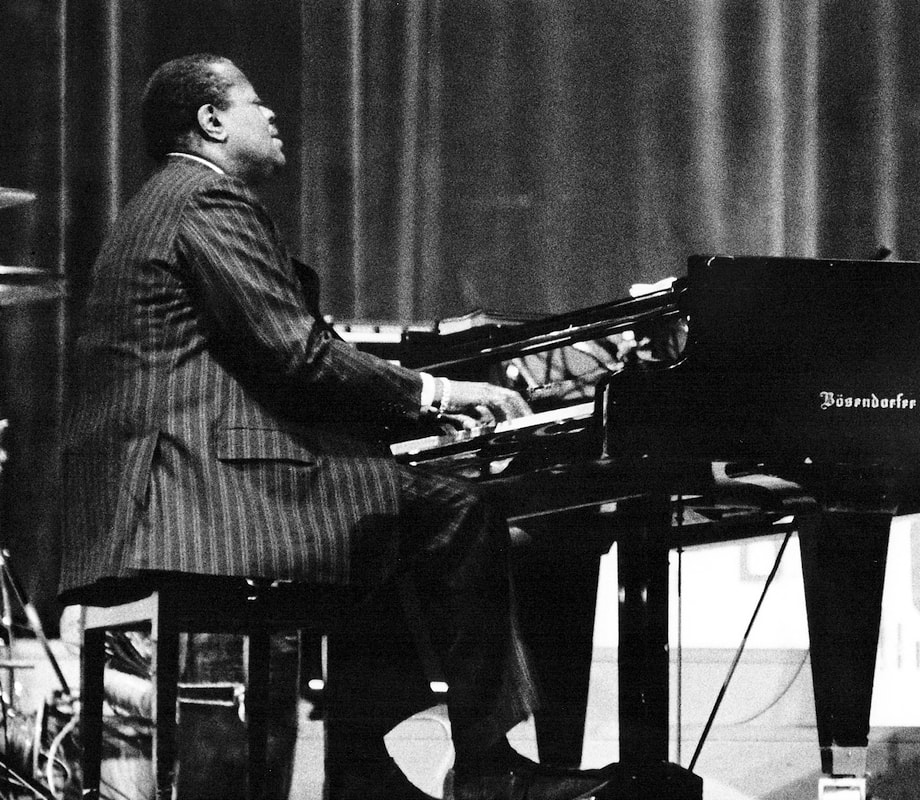
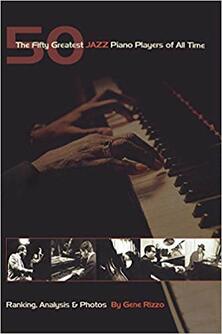
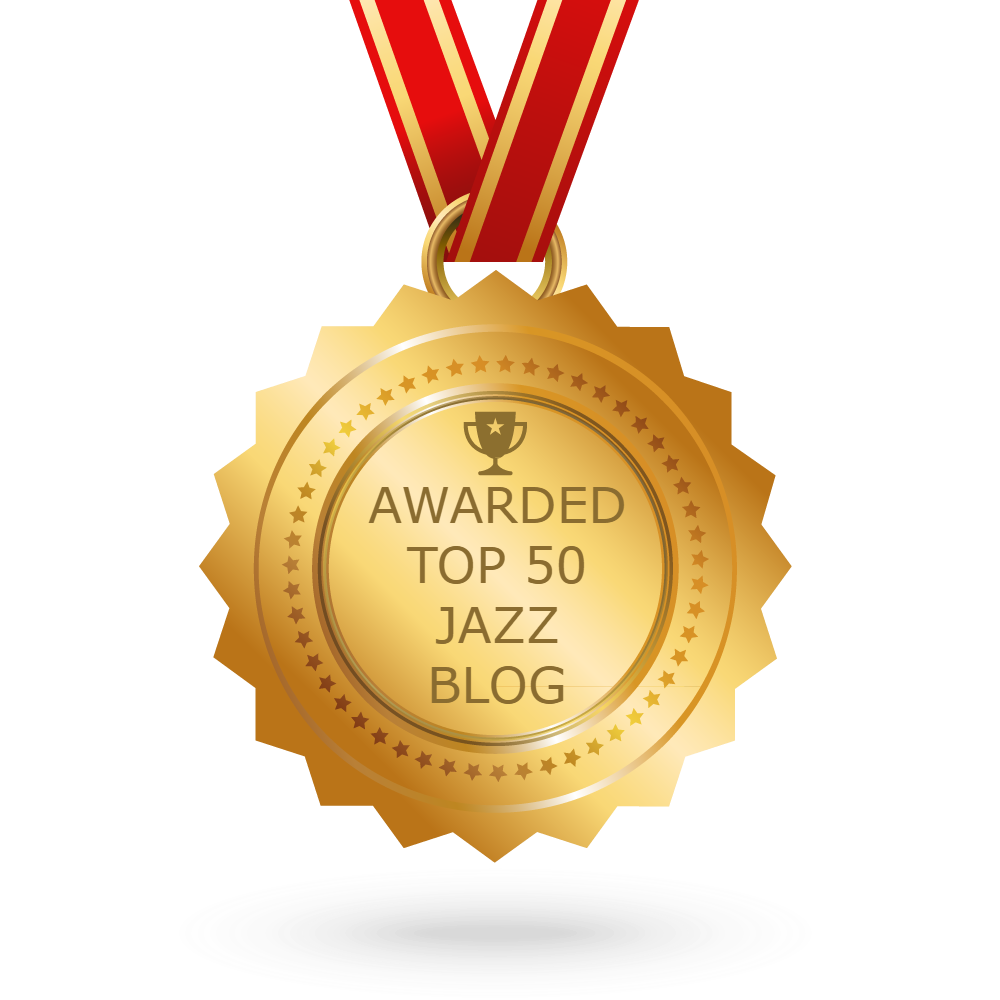
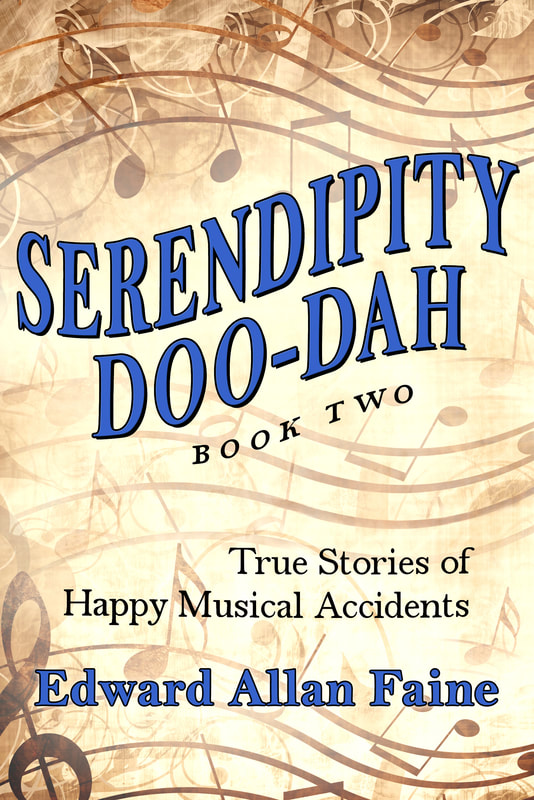
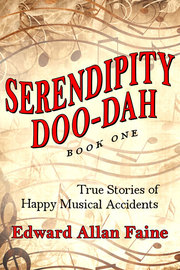
 RSS Feed
RSS Feed